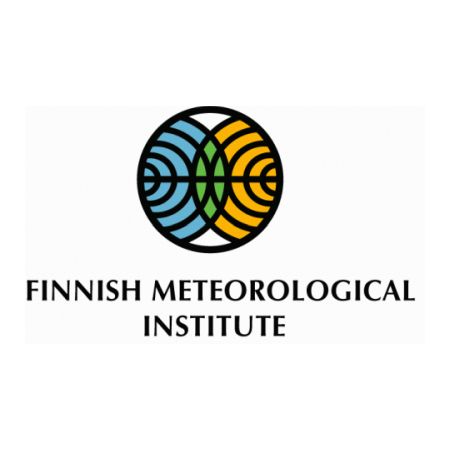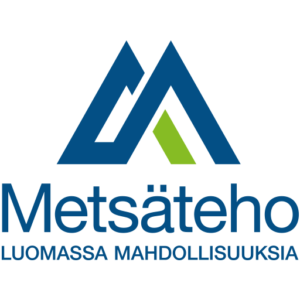
Forestry
February 2023 - April 2024
The Harvester Seasons service for forestry, a web based service, developed by Finnish Meteorological Institute FMI, provided a Destination Earth Use Case with new high-resolution maps for forest trafficability over Europe.
This use case ran from February 2023 – April 2024 and is now closed.
Challenge
The forestry sector traditionally plays an important role for the national economy in the Nordic countries. Forests are a significant renewable natural resource and a key element of sustainable use. Therefore, management of forests has to include climate mitigation actions. Forestry operations depend not only on the tree condition but also largely on good trafficability of terrain and dirt roads in the forest, which is dependent on the current soil and weather conditions.
Use Case Overview
The Harvester Seasons service for forestry, a web based service, developed by Finnish Meteorological Institute FMI, provided a Destination Earth Use Case with new high-resolution maps for forest trafficability over Europe.
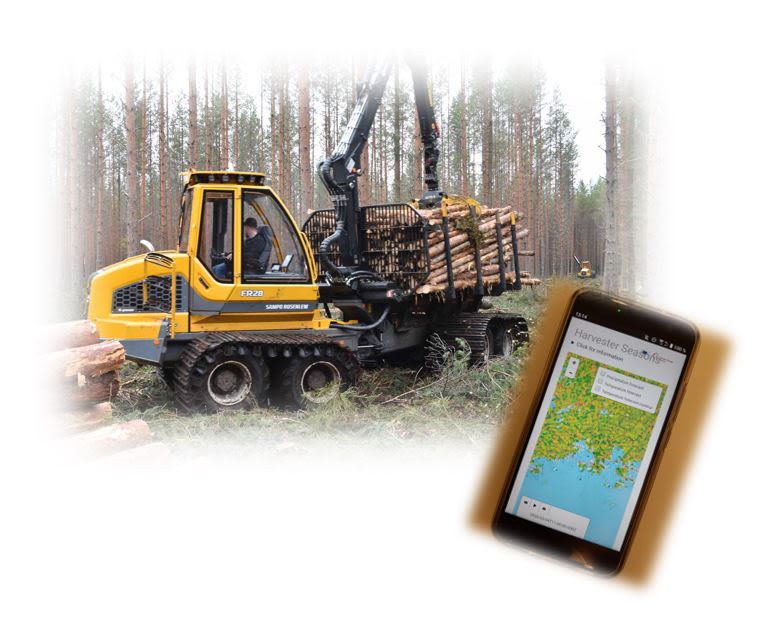
Forestry operations depend not only on the tree condition but also on good trafficability of terrain and dirt roads in the forest. Harvesting machines can weigh up to 20 tons and require stable ground to carry those machines while operating in the forest. Harvester Seasons is a service supporting the forestry sector on optimised operation-planning according to best soil bearing conditions. The service was originally developed under the Copernicus Climate Change Service framework.
It has been operational since May 2020. Within the Destination Earth initiative, this service was improved, and it demonstrated how Destination Earth capabilities can support users and stakeholders from the forestry sector.
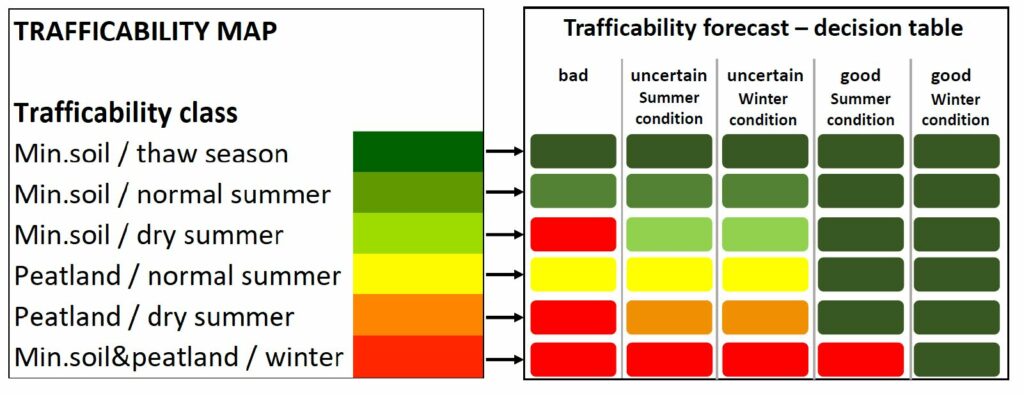
The best conditions for forest operations in Finland are typically found in the winter season, when the soil is frozen, snow covered and hard enough to carry heavy machinery. On soil with a high percentage of peat, harvesting during the summer is only possible in dry conditions. With the effects of climate change shortening winter periods and increasing risks of forest fires during summer, it is necessary to better adapt the operation planning without losing productivity. Under the National Forest Strategy, Finland has decided on various actions and guidelines to ensure sustainable forest management.
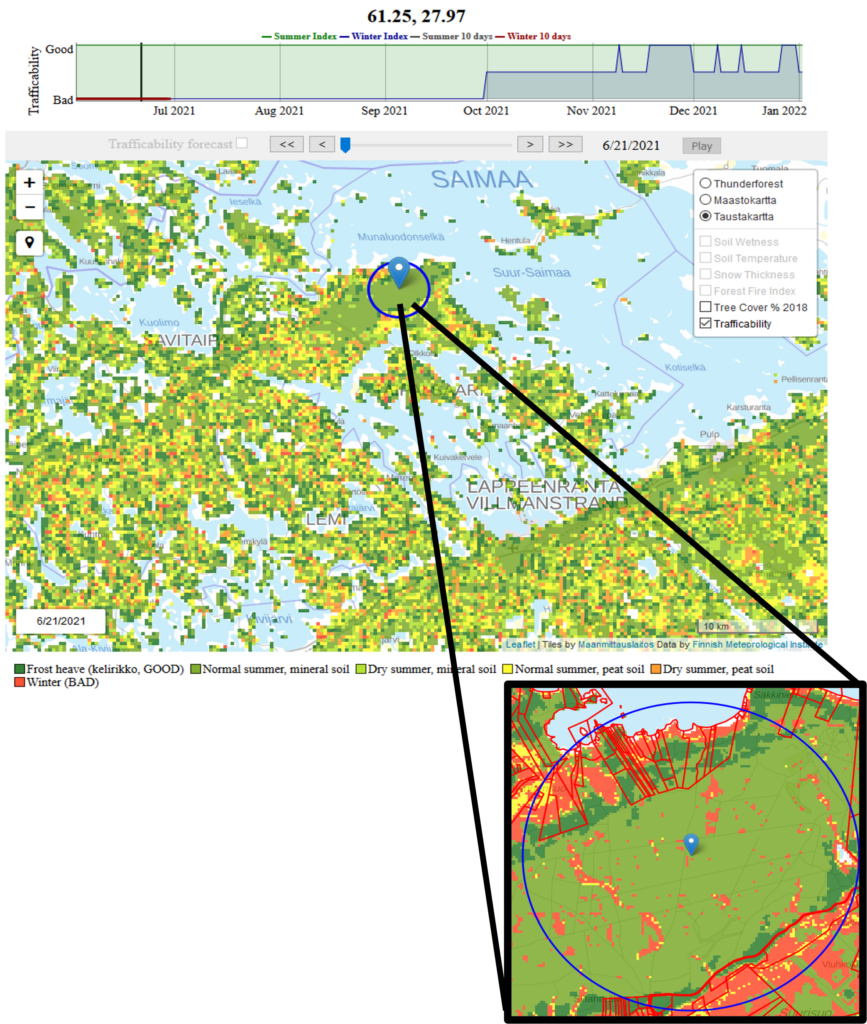
The Destination Earth use case on forestry developed harvestability maps and information on climate change outlook for Europe, and extended the service to potential new users at a European level. Machine learning (ML) models were developed to downscale and bias-adjust several parameters including soil moisture, skin and soil temperatures, snow depth, and to produce a European harvesting trafficability maps. This relied on Destination Earth for computing and feature data sets. Before, the harvestability information was available only in Finland. ML with gradient boosting was used to extend the map to the rest of Europe. Machine learning algorithms combining ERA5, ERA5-Land, Copernicus Digital Elevation Model and ground-based measurements allow to downscale coarse model data on soil to a 1km resolution, especially required for forest operation planning. The main training dataset for this approach was a static 16m resolution map of Finland soil classification provided by the Finnish forest center (Finnish “Kurjuukelpoisuus” map by Metsäkeskus). In addition to improving the key variables for harvestability analysis, new products were added to the service based on Destination Earth Digital Twin (DT) data.
Wind information sourced from the DestinE Extremes DT enabled a prediction of potential forest damage caused by wind gusts. Such highly resolved information helps forest operators initiate control checks on individual forest stands, which might have new fallen trees caused by windstorms, requiring action on felling or clearing. Climate DT products provided a climatic outlook on weather induced soil conditions. For the forestry sector, such information may be helpful for future investments in forest areas. This could help harvesting operators to get an idea on potential productivity of forest stand locations as well as if and how operation planning can be more sustainable with respect to climate outlooks.
Within the Destination Earth project the Use Case on forestry directly addressed identified user needs. Having the Finnish company Metsäteho onboard allowed to directly get in contact with the relevant stakeholders from the forestry sector. The biggest key players of the forestry sector are headquartered in Finland and networking partners within the Metsäteho client consortium. To shape the service development, those core users were involved in guiding the service development team with their insights on specific forestry needs.
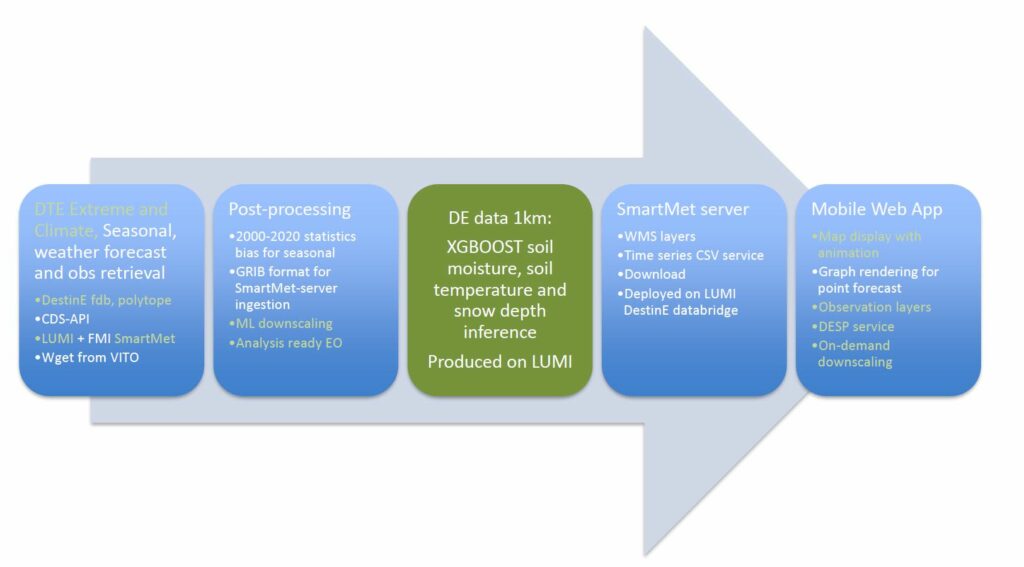
As a DestinE use case, FMI implemented parts of the service data management infrastructure, SmartMet, to Destination Earth capabilities. FMI deployed an instance of the SmartMet server on the DestinE data bridge at LUMI, which is already involved in ECMWF’s digital twins. Complementing the data access and interoperability capabilities of the digital twin engine (DTE) within DestinE the SmartMet server allowed a direct API access to the new datasets. This part of the use case benefited not only the Harvester Season service development but also the Destination Earth initiative. By testing the infrastructure and data bridges, it played an essential part in giving feedback to the Destination Earth Digital Twin Engine developers.
The Harvester Seasons service and use case on forestry provides Destination Earth products to the forestry sector in Europe. It introduced those high-resolution products to users and helped spread awareness on this European initiative and on the potential of those new service developments.
